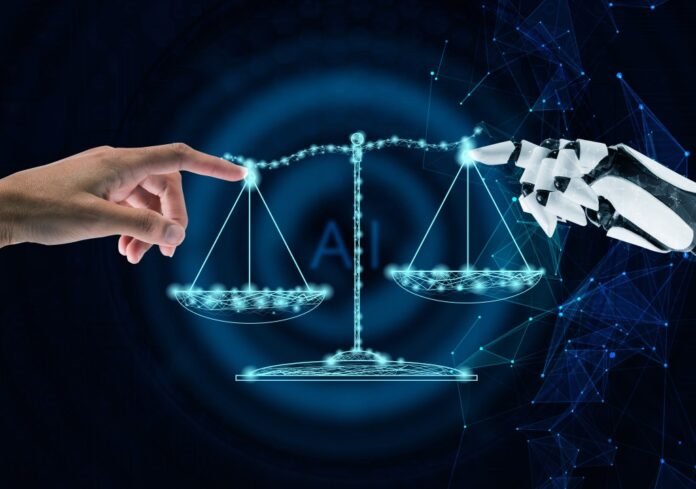Staff Reporter
Artificial intelligence (AI) is transforming our world rapidly, influencing everything from search engines and voice assistants to facial recognition systems and self-driving cars. While this technology offers remarkable advancements, it also brings significant ethical challenges, raising concerns about safety, fairness, and transparency.
AI and Moral Responsibility
A key ethical dilemma in AI revolves around accountability. When a self-driving car is involved in an accident, who bears the responsibility? Is it the manufacturer, the programmer, or the vehicle owner?
A notable case is the 2018 incident with an autonomous Uber vehicle that resulted in a pedestrian’s death. This tragedy underscored the urgent need for clear regulations regarding legal accountability. Establishing robust guidelines is essential to protecting citizens and ensuring responsible AI deployment.
Bias and Discrimination in AI Systems
Another pressing issue is the bias present in AI models. Because these systems learn from historical data, they can inadvertently perpetuate existing social biases and discrimination.
For instance, in 2018, Amazon had to scrap an AI recruitment tool that unfairly penalized female candidates, having learned from historical data that favored men in tech roles.
To promote fairness and equity in AI, it is crucial to:
- Diversify training datasets.
- Implement techniques to mitigate bias.
- Conduct independent audits of AI models.
Privacy and Mass Surveillance
The rise of artificial intelligence (AI) in data collection and analysis raises significant privacy concerns. AI-driven monitoring systems employed by governments and corporations can track our movements, decisions, and preferences, often without our explicit consent.
A report from Amnesty International highlights that China’s facial recognition technology has reached alarming levels of surveillance, posing a serious threat to individual freedoms. To safeguard user privacy, it is essential to:
- Implement regulations that restrict the use of AI-based surveillance.
- Adopt tools that enhance transparency regarding personal data usage.
- Educate citizens on the importance of protecting their own data.
Automation and the Future of Work
AI is increasingly taking over human tasks, leading to profound changes in the job market. A study by the World Economic Forum projects that by 2025, approximately 85 million jobs will be displaced by automation, while 97 million new jobs will emerge in different sectors.
Possible Solutions:
- Invest in the training and retraining of workers.
- Develop transition policies for individuals affected by job loss due to AI.
- Foster a balanced integration of AI and the human workforce.
Manipulation of Information with Artificial Intelligence
AI is also being used to create content—including text, images, and videos—that can facilitate the spread of misinformation and deepfakes. For example, during the 2020 elections in the United States, deepfake videos featuring politicians circulated widely, aimed at manipulating public opinion.
Addressing these challenges is crucial as we navigate the complex landscape of AI and its impact on society.
Combating Disinformation
To tackle the issue of disinformation, it is crucial to:
- Regulate the use of AI in creating digital content.
- Develop AI tools to identify deepfakes and fake news.
- Raise public awareness about the importance of verifying sources.
Towards Ethical and Responsible Artificial Intelligence
For AI to truly benefit humanity, an ethical and responsible approach to its development is essential.
What Institutions Are Doing:
- The European Union is advancing the Artificial Intelligence Regulation to ensure transparency and safety.
- UNESCO has adopted a global framework for ethical AI.
- Major tech companies, including Google and Microsoft, are establishing principles for responsible AI.
Conclusion
AI has the potential to enhance lives, but without a solid ethical framework, it risks deepening inequalities and threatening fundamental rights. The challenge ahead is to strike the right balance between innovation and responsibility, ensuring that artificial intelligence serves humanity, rather than the other way around.

